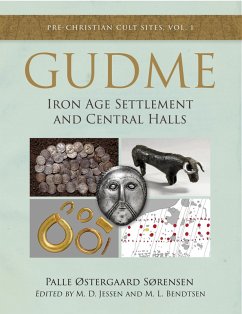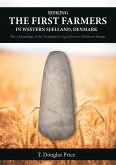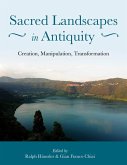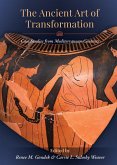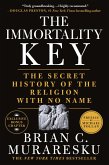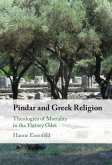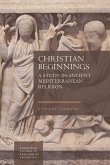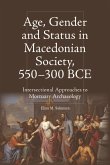Gudme: The Iron Age Settlement and Central Halls presents, describes and interprets the many finds and structures that have been comprised during the extended excavations at the central parts of the Gudme locality on southeast Funen, Denmark. Head of excavation Palle Østergaard Sørensen extracts, combines, classifies, dates and temporalizes the many finds and houses from the excavations Gudmehallerne, Gudme III, Gudme IV.Since the 19th century the Gudme area has been known as one of the richest prehistoric localities in Scandinavia, and more than 1,000 roman coins, close to 600 fibulas as well as several small mask and animal figurines form part of the Gudme find assemblage. From AD 200 to AD 600 the site expanded rapidly and covered as much as one square kilometer comprising up to 50 farmsteads. At the individual farms, specialized craftsmanship can be found and the debris and tools of gold- and silversmiths as well as bronze casting is abundant - here, bronze fragments, often from statues, imported from the Roman Empire form a distinct category of finds - bearing witness to a flourishing and innovative world of craftsmanship, as well as an extensive trade network.During this period the unique and monumental halls, with the largest being 47 m long and 10 m wide, dominated the hilltops east of Gudme lake. Just to the south a smaller building accompanied the large hall, and had been purposely demolished and rebuilt several times at the exact same spot. The unusually large entrances to the two adjoined buildings lead straight from one to the other, thus witnessing a duality of buildings that came to define the aristocratic localities throughout Scandinavia in the following 800 years. Hence, Gudme represents a starting point for a significant type of architectural ideal as well as a first generation of central places.
Dieser Download kann aus rechtlichen Gründen nur mit Rechnungsadresse in A, B, BG, CY, CZ, D, DK, EW, E, FIN, F, GR, HR, H, IRL, I, LT, L, LR, M, NL, PL, P, R, S, SLO, SK ausgeliefert werden.

